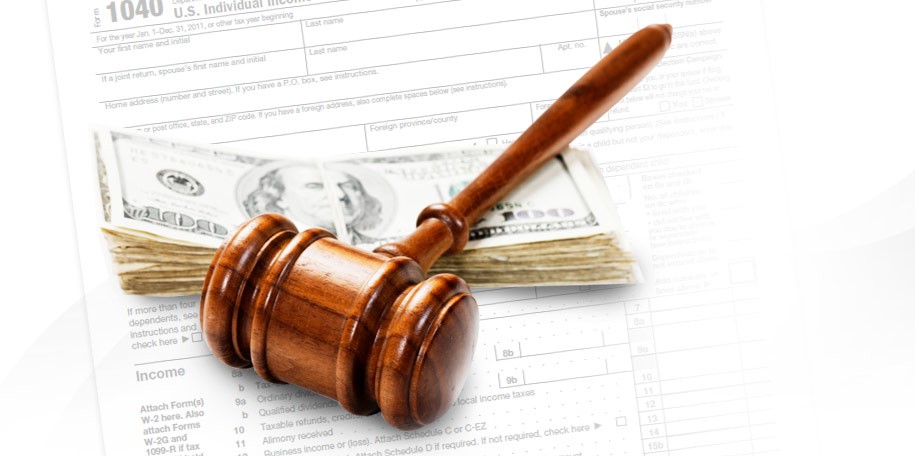Tax Law

Tax law is an area of legal study dealing with the constitutional, common-law, statutory, tax treaty, and regulatory rules that constitute the law applicable to taxation.
In law schools, "tax law" is a sub-discipline and area of specialist study. Tax law specialists are often employed in consultative roles, and may also be involved in litigation. Many U.S. law schools require about 30 semester credit hours of required courses and approximately 60 hours or more of electives. Law students pick and choose available courses on which to focus before graduation with the J.D. degree in the United States. This freedom allows law students to take many tax courses such as federal taxation, estate and gift tax, and estates and successions before completing the Juris Doctor and taking the bar exam in a particular U.S. state.
There are many Master of Laws (LL.M) programs currently being offered in the United States, Canada, United Kingdom, Australia, Netherlands etc. Many of these programs offer the opportunity to focus on domestic and international taxation. In the United States, most LL.M. programs require that the candidate be a graduate of an American Bar Association-accredited law school. In other countries a graduate law degree is sufficient for admission to LL.M. in Taxation law programs.
A list of tax faculty ranked by publication downloads is maintained by Paul Caron at TaxProf Blog.

What is Tax law? It covers the rules, policies and laws that oversee the tax process, which involves charges on estates, transactions, property, income, licenses and more by the government. Taxation also includes duties on imports from foreign countries and all compulsory levies imposed by the government upon individuals for benefit of the state.
The intricate body of tax law covers payment of taxes to a minimum of four levels of government, either directly or indirectly. Indirect taxes are assessed against products and services that are meant to be consumed, but are paid to an intermediary. For example, when you buy coffee at a local corner store, the retailer charges you tax on your coffee, which he/she subsequently pays to the government. Direct taxes are those you pay directly to the government and are imposed against things like land or real property, personal property, and income.